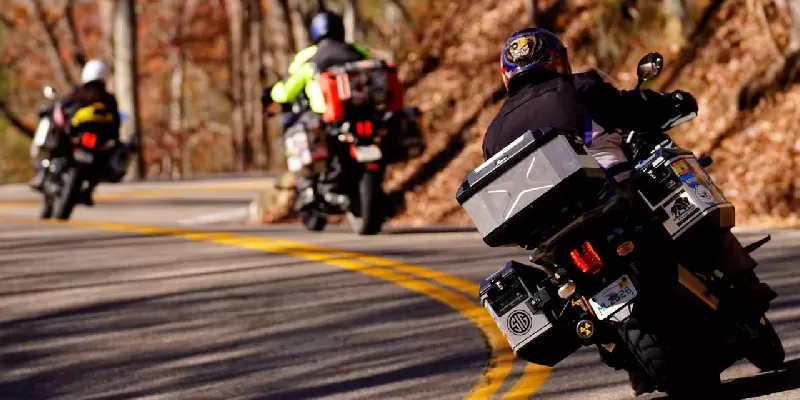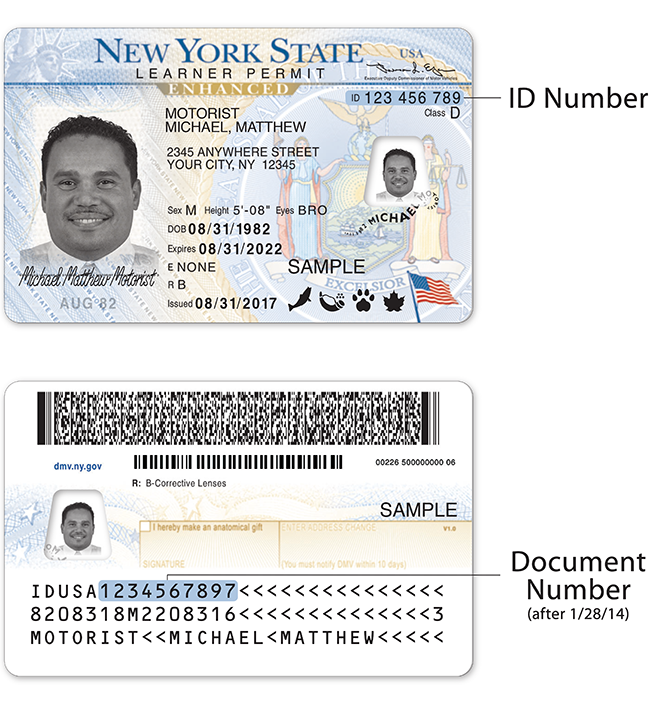
What should you prepare as a beginner before motorcycle trips?
Motorcycle trips are very popular all over the world. More and more people want to escape from the city routine and embrace nature with motorcycles. It can be an exciting and interesting adventure to travel by motorcycle. You can start the motorcycle trip with very little budget and plan your itinerary very flexibly.
If you are a beginner to motorcycle riding trips, you need to make a good preparation before you start the trip.
In this article, we will discuss things you need to prepare as a beginner besides your motorcycle.
Motorcycle License
Ensure you have the appropriate motorcycle license or learner’s permit for your jurisdiction.

Gear for motorcycle riding
- Helmet
- Protective Riding Gear
- Layered Clothing
- Rain Gear
- Cold Weather Gear
- Motorcycle Intercom if you traveling with groups
Motorcycle Maintenance
- Ensure your motorcycle is in excellent working condition. Check brakes, tires, lights, oil, and fluid levels.
- Familiarize yourself with basic motorcycle maintenance tasks and carry essential tools.
- Consider a pre-trip inspection by a certified mechanic.
Luggage and Storage
- Choose appropriate luggage options like saddlebags, tank bags, tail bags, or top boxes to carry your gear.
- Ensure your luggage is securely attached to the motorcycle.
Navigation
- Plan your route in advance, including stops for rest, refueling, and sightseeing.
- Use GPS devices, maps, or smartphone apps for navigation.
- Consider a paper map as a backup.
Emergency and Repair Tools
- Carry a basic tool kit for minor motorcycle repairs.
- Pack spare parts like fuses, bulbs, and tire repair kits.
- Include a first aid kit, flashlight, multi-tool, and duct tape.
Documentation
- Bring essential documents like your motorcycle registration, insurance, and identification.
- Make photocopies or digital scans of these documents as backup.
Safety Gear
- Equip your motorcycle with safety features like reflective tape, LED lights, and a horn.
- Install a phone mount for hands-free navigation and communication.
Rider Training
Consider taking an advanced rider training course to improve your skills and confidence.
Fuel and Range
Plan for fuel stops, considering the motorcycle’s range and fuel availability in remote areas.
Food and Water
Carry non-perishable snacks and water for quick energy boosts.
Accommodations
Research and book accommodations in advance, or plan for camping if you prefer.
Emergency Contacts
Share your itinerary and emergency contact information with a trusted person.
Weather Preparedness
- Check weather forecasts for your route and be prepared for changing conditions.
- Bring sunscreen, insect repellent, and lip balm.
Budget
Estimate your trip expenses, including fuel, accommodations, food, and unexpected costs.
Communication
Carry a mobile phone, charger, and portable power bank for communication and emergencies.
Riding Plan
Decide on a daily riding plan, including start and end times, rest breaks, and overnight stops.
Group or Solo
Determine if you’ll travel alone or in a group. Group riding has its dynamics and considerations.
Local Laws and Regulations
Research and adhere to traffic laws and regulations in the areas you’ll be riding through.
Physical Fitness
Ensure you’re in good physical condition for long hours of riding. Stay hydrated and well-rested.
Insurance
Verify that your motorcycle insurance covers your trip and consider additional coverage if needed.
Personal Comfort
Pack items for personal comfort, such as a camping chair, earplugs, and a neck pillow.
